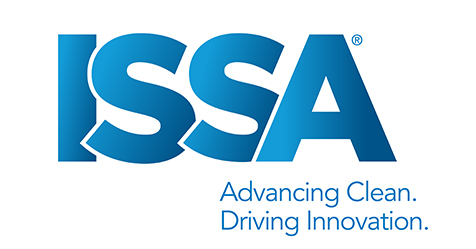Proper PPE Use Key to Containing the Spread of MRSA
Genome sequencing found the same bacterial strain spread through contaminated surfaces
Although the novel coronavirus, SARS-CoV-2, has been the main pathogen in the news these days, other germs have not gone away. Hospital patients are still at risk of contracting health care-acquired infections (HAIs) such as Methicillin-resistant staphylococcus aureus (MRSA).
New information on the spread of MRSA bacteria gained through whole-genome sequencing proves that the bacteria can be spread through contaminated personal protective equipment (PPE), Healio reports. This means hospital workers can be instrumental in stopping the spread of this superbug by following correct procedures in wearing and removing PPE.
Researchers studied hospital workers from four intensive care units (ICUs) who had contact with patients with MRSA from September 2015 through February 2016. The scientists collected samples from patient body sites and high-touch surfaces in their rooms, and well as from gloves and other PPE used by hospital workers. They then compared the bacteria from all collection sites. As whole-genome sequencing can differentiate between MRSA strains, the researchers wanted to use the sequencing to improve their understanding of health care-worker caused contamination, especially in relation to the donning and doffing of PPE.
The sequencing found that samples taken from all the sites were genetically similar for the vast majority of patient encounters. This led researchers to believe health care workers were unintentionally spreading the bacteria between patients, rather than the patients acquiring separate cases of the bacteria from other sources.
The study underscored the importance of training cleaning crews and other workers to follow best practices to avoid cross-contaminating surfaces through their PPE. These best practices include:
- Workers must change their disposable gloves between patient rooms
- Workers must change their gloves when they are visibly soiled, punctured, or torn, even if they are still working in the same patient room
- Workers must wash their hands immediately after removing gloves.


